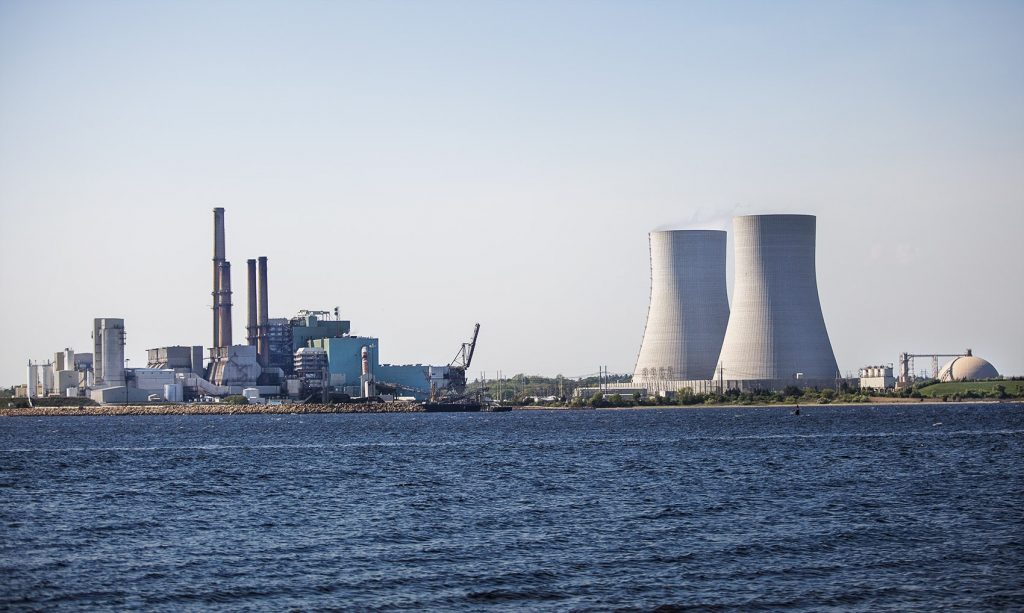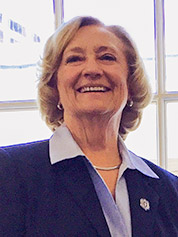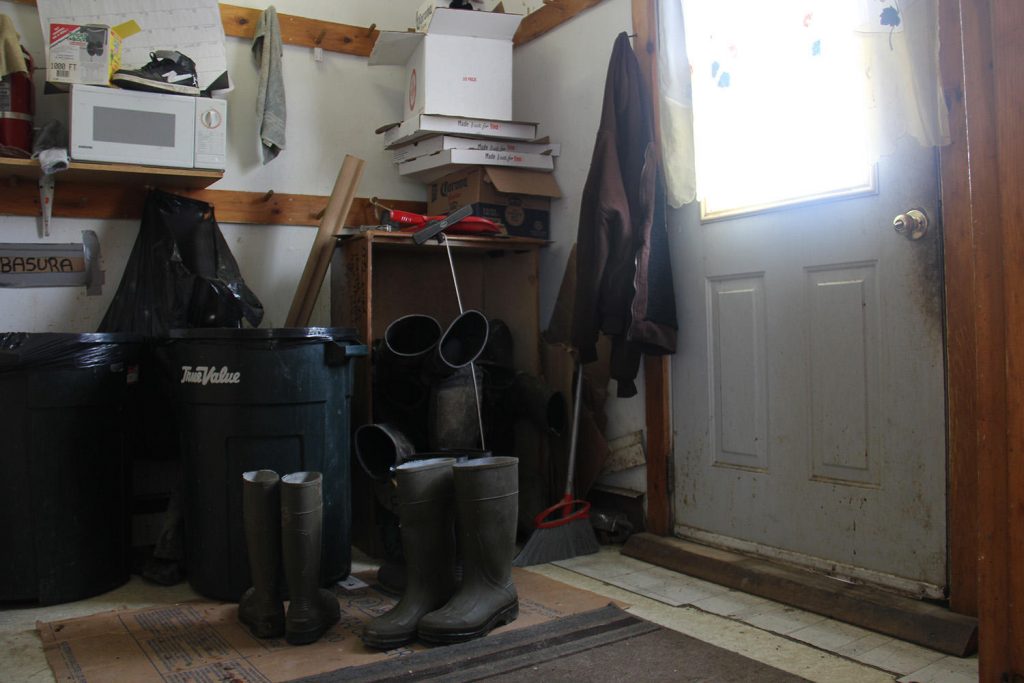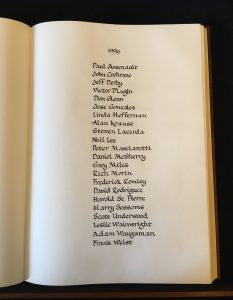Episode 46: Afterburn

With the closure of Massachusetts’ last coal fired power plant last month, some South Coast towns are pinning their hopes on offshore wind. Plus, we’ve heard the stories about immigrant farm workers facing deportation – but what is their daily life like? And why do they make the risky journey to Vermont? And, decades after the AIDS crisis hit, residents of Provincetown remember the impact on their community.

The Dynegy coal burning power plant at Brayton Point in Somerset, MA ceased operations in May 31. Only three coal-fired power plants remain operational in New England. Photo by Jesse Costa for WBUR
Try and Catch the Wind
President Trump wants to bring back coal production in America. But here in New England, demand for coal is dwindling.

Massachusetts Representative Pat Haddad (D- Somerset) used to call herself the “Queen of Coal.” Now, she tells WBUR’s Bruce Gellerman, she’s the “Witch of Wind.” Photo by Ben Storrow for E&E News
Bryant Point, the last coal-fired power plant in Massachusetts — and the largest in New England — shut down permanently at the end of May. Now, two power plants in New Hampshire, and one in Connecticut are the only coal-powered facilities left in the region. Connecticut’s Bridgeport Harbor Station plant is scheduled to close in 2021.
For more than 50 years, the massive Brayton Point Power Station in Somerset has generated electricity fueled by shiploads of coal from as far away as Colombia and South Africa.
The shutdown marks a victory for environmentalists, but leaves a huge hole in Somerset’s tax base and a potentially a bigger problem for ratepayers across the region, as WBUR’s Bruce Gellerman reports.
For more on coal’s demise in New England, and the promise of offshore wind, we turn to Ben Storrow, reporter for Energy & Environment News. Storrow says Somerset and nearby New Bedford are hoping that offshore wind farms planned for south of Martha’s Vineyard will give them an economic boost.
On the Farm, Far from Home
Recent estimates suggest that there are around 14 hundred foreign-born Latino workers and their family members in Vermont. The state’s agriculture industry relies heavily on these workers, most of whom are in the country illegally.
With an increase in deportations for noncriminal immigrants since the beginning of Donald Trump’s presidency in January, many farmworkers are on edge.
In March, the Vermont legislature passed a law that limits the ability of local law enforcement to work with federal immigration authorities. That same month, ICE arrested three immigration activists in Burlington.

Six immigrant farm workers share this house on the property of the dairy where they work 72 hours per week. Photo by Kathleen Masterson for VPR
Against this backdrop, a listener named Hannah Lindner-Finlay submitted a question to the Brave Little State podcast from Vermont Public Radio. She wondered “What’s it like to be a migrant worker in Vermont?”
To help answer Lindner-Finaly’s question, VPR reporter Kathleen Masterson interviewed Spanish-speaking dairy workers about their lives. We have excerpts from her reporting in this week’s program. Kathleen also joins us in the studio to talk about the economic forces that bring Mexican farm workers to Vermont. (In the Brave Little State podcast, you’ll also meet seasonal vegetable pickers from Jamaica.)
Do you have a question you’d like NEXT to investigate? Tell us about it here.
“It Was a Seismic Earthquake”

A page from the AIDS Support Group of Cape Cod’s “Great Book,” a leather bound journal in which the names of those who’ve died are documented by year. Photo by Sophie Kazis for the Transom Story Workshop
When the AIDS epidemic hit the United States in the 1980s, Provincetown, Massachusetts – long a haven for New England’s LGBT community – was especially impacted. In the first fifteen years of the crisis, 10 percent of the town’s year-round population died.
The Provincetown Cultural Council recently announced plans to move forward with an AIDS memorial there, a plan that’s been in the works for years.
Freelance producer Sophie Kazis spoke with survivors about what they lost, what they built, and the impact of AIDS on this small, close-knit beach town. Sophie’s story comes to us from the Transom Story Workshop.
About NEXT
NEXT is produced at WNPR.
Host: John Dankosky
Producer: Andrea Muraskin
Executive Producer: Catie Talarski
Digital Content Manager/Editor: Heather Brandon
Contributors to this episode: Bruce Gellerman, Kathleen Masterson, and Sophie Kazis
Music: Todd Merrell, “New England” by Goodnight Blue Moon
We appreciate your feedback! Send praise, critique, suggestions, questions, reflections and whittled pieces of driftwood to next@wnpr.org.
Got a question you’d like NEXT to investigate? Tell us about it here.
